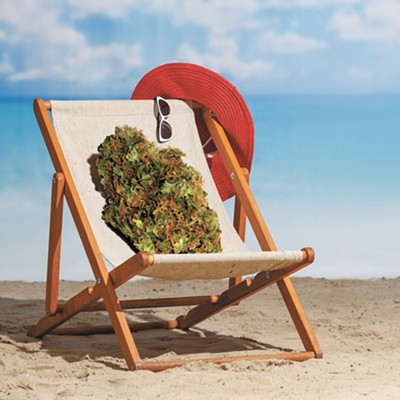There is a debate swirling around marijuana that has nothing to do with legalization. It has to do with the word itself. Long part of the American pot vocabulary, the "m" word is considered by some to be derogatory and racist.
While cannabis is the scientific name, the term marijuana has been the moniker of the leafy green since the early 1900s, when it is believed that zealous narcotics agents, anti-drug politicians and financially motivated businessmen began using it because it sounded more sinister.
Historians trace Marijuana or "marihuana" back to Mexican and Spanish cultures, where it was used as a slang term for the dried flowers of the cannabis plant used in recreational smoking. According to Drug Enforcement Agency records, Mexican immigrants commonly smoked the drug and California was the first to ban the "preparation" of hemp. Its racist transition is frequently credited to newspaper tycoon William Randolph Hearst and Harry Anslinger, former head of the long-defunct Federal Bureau of Narcotics.
Beyond the assumption that Hearst was a racist, it is thought he believed that farmers would begin growing hemp instead of trees for paper — the same swath of land could yield four times the amount of hemp — and put his fortune in jeopardy.
History shows that after the repeal of alcohol prohibition in 1933, Ansliger turned his attention to marijuana. Although not solely responsible, together the duo helped the Marijuana Tax Act pass in 1937.
These days, a few people have come right out and said that marijuana is not racist, most going the way of High Times. The prominent cannabis magazine said that the word marijuana is and isn't racist, reasoning that while its roots may be derogatory, today the word is commonplace and has lost most of its racial implications.
Time will tell if the nation's lexicon reverts back to the botanical term or sticks to the "m" word, but as with most things related to pot, there will be a debate. ♦



















